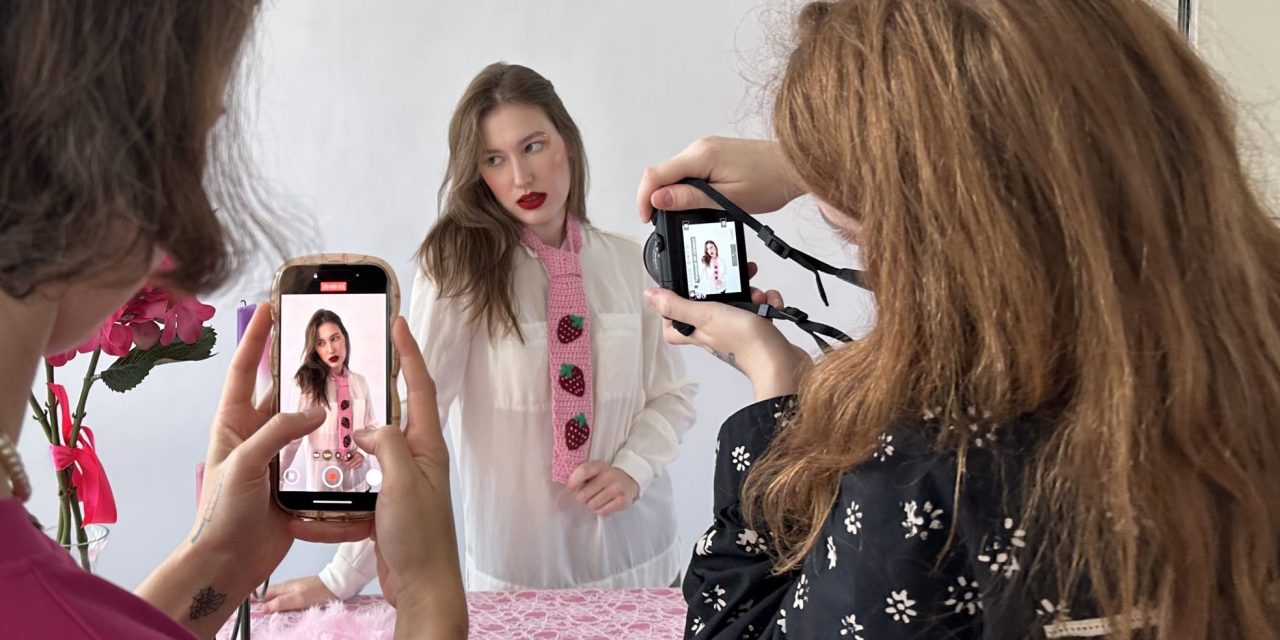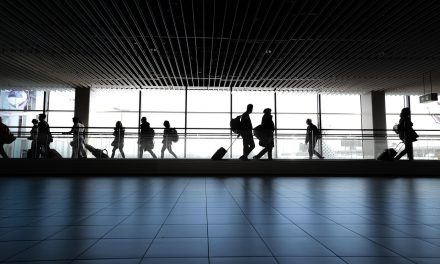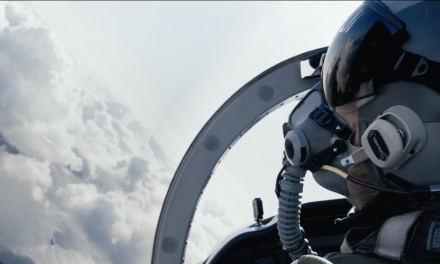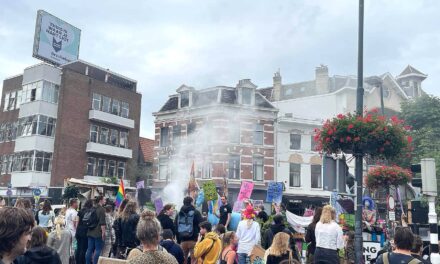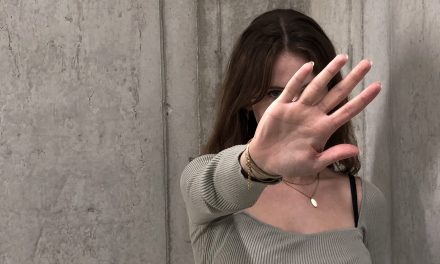The war in Ukraine has been going on for more than 3 years now. Russia started the full invasion on 24 February 2022. Since then, millions of Ukrainians have emigrated from their country, but many still find their way to keep connected with their homeland and help from afar. One of them is Ingrid Abuladze, who moved to the Netherlands a few months before the war started.
Ingrid moved to the Netherlands in August 2021 as she found a job here as a software engineer, got a visa, and began her new life. But only a few months later, in February 2022, her life changed completely.
Enlarge
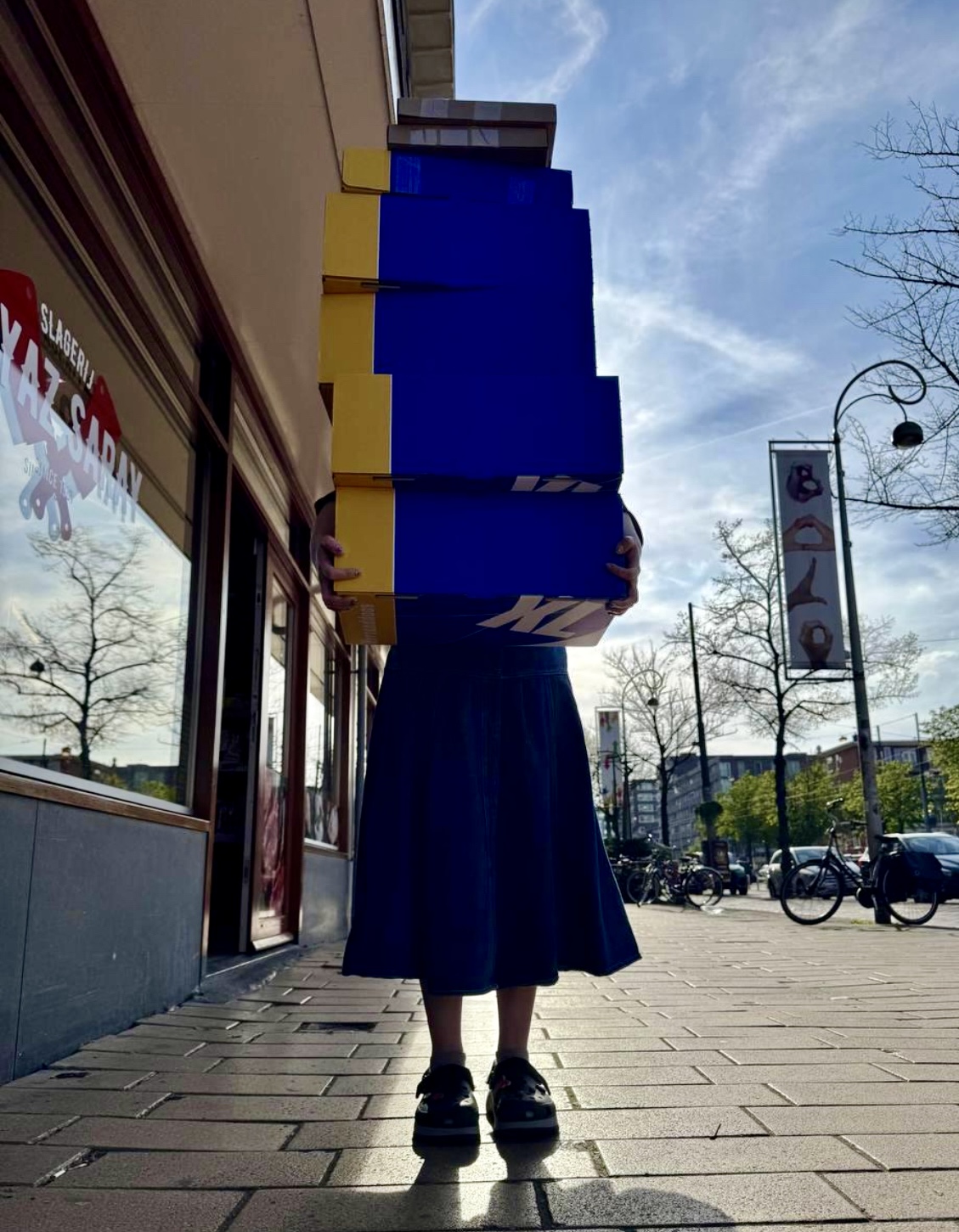
When the war started, her whole family was still in Ukraine. Two weeks after Russia’s invasion, her father evacuated her mother and 12-year-old brother onto a train reserved for women and children. At first, he promised that he would also leave when there was a chance. But later, Ingrid discovered that he had joined the army – “He lied to us. As a family we weren’t happy. But as citizens we understood.”
Ingrid recalls that everyone in the Netherlands was lost at first, they didn’t know how to help. The first thing she did was go to a rally in The Hague, near the parliament and the Russian consulate. She remembers it felt pointless at first as only a few people joined. But then a Dutch politician came out of Parliament and spoke to them – “He told us that it’s right to go to rallies, because it’s easier for them to make decisions if they see that people demand this.”
After the rallies, Ingrid felt like she could do more. She and her friends decided to collect humanitarian aid like baby formula and diapers. “Everyone needed so many things: medicine, supplies, food. It was just a catastrophe,” Ingrid says. They also volunteered to meet refugees at train stations who didn’t speak Dutch or English well and helped them to coordinate with the Red Cross.
Soon, Ingrid’s support became even more personal. At first, her dad was hiding the problems from the family. He kept saying everything was fine and they had all they needed. Later, he asked Ingrid for small pieces of equipment, which she and her friends bought with their own money. But in August, the request became much bigger: “He suddenly said it was urgent, they needed a car. I remember thinking, I had no idea how to buy a car, especially a military one. That was when we created our first fundraiser. In three or four days we collected enough. The car was later used in the Kharkiv counteroffensive.”
Enlarge
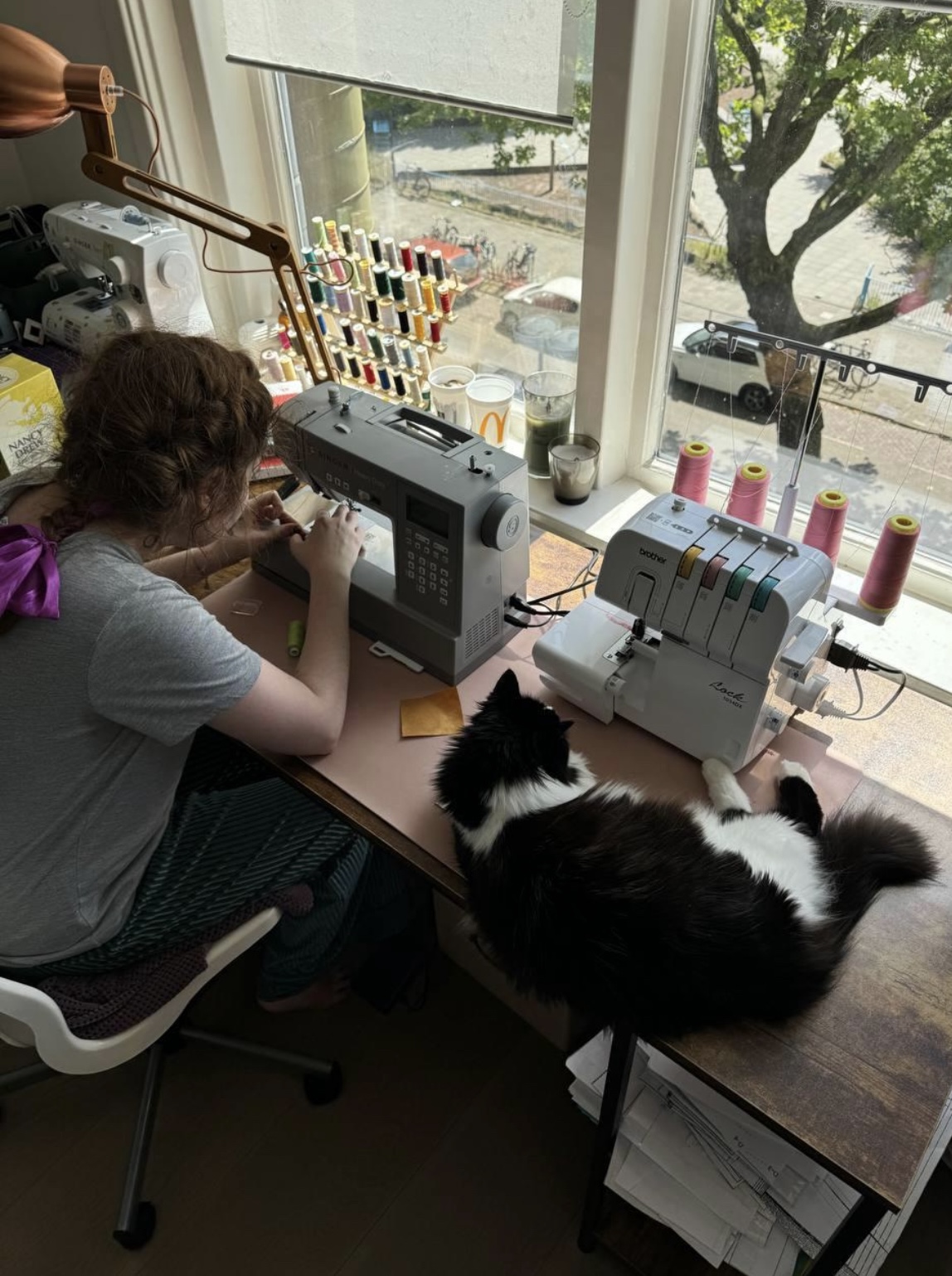
Out of these experiences, a new idea was born: a slow-fashion brand called Boeken en Broeken. “When I was learning Dutch on Duolingo, there was this phrase ‘Boeken en Broeken.’ (meaning “Books and Pants”) It was meaningless, but I liked it. I even tweeted that if I ever had a fashion brand, I would call it that,” Ingrid says.
Enlarge
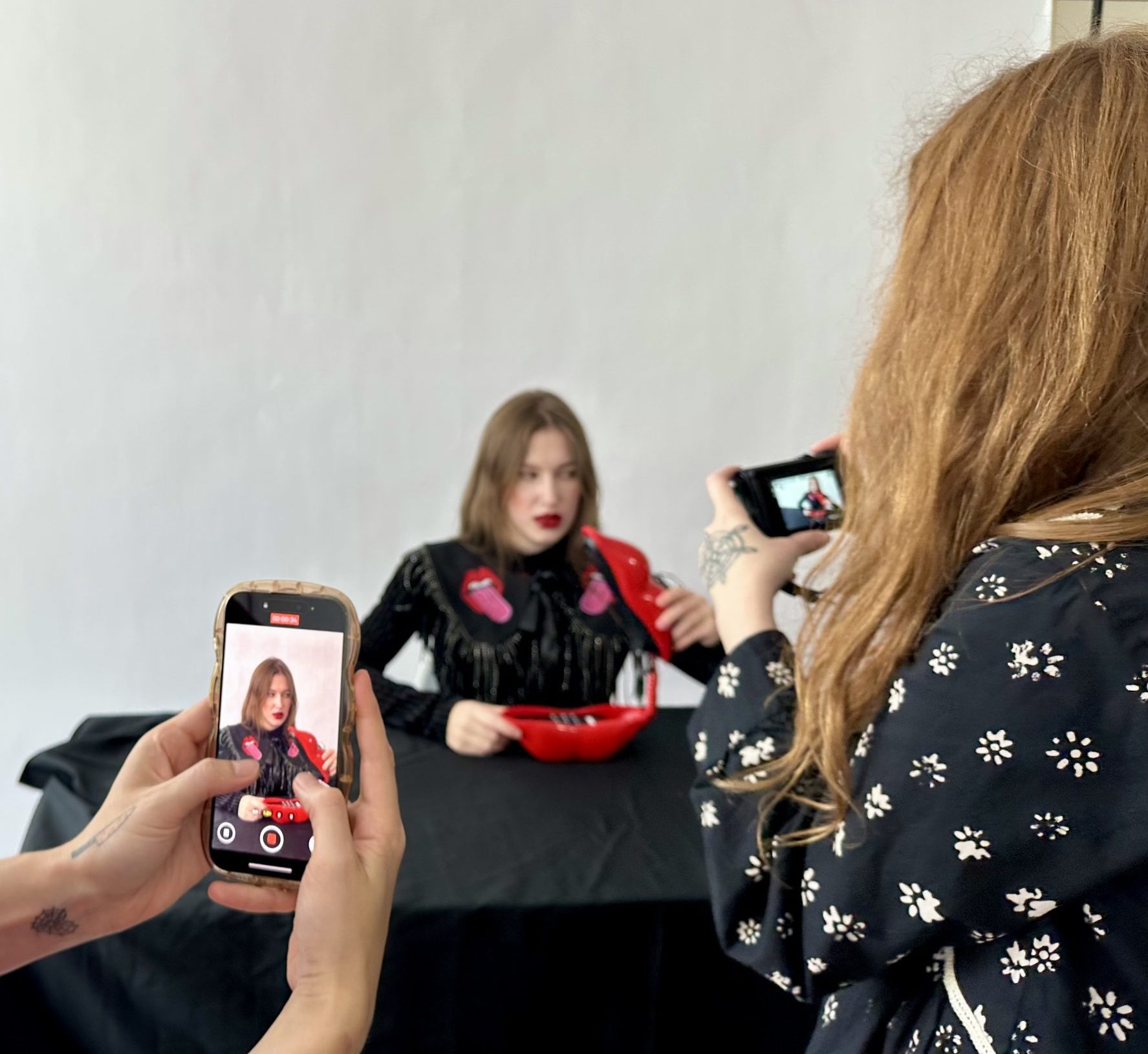
The brand offers handmade pieces such as detachable collars, crochet earrings, and corsets. Ingrid often uses upcycled secondhand fabrics. Some sewing is even done in Ukraine, making the project a way to support people back home. “I think businesses should be socially responsible. Each year we donate 10% of our profit to the Ukrainian Armed Forces,” Ingrid adds.
Although she lives in the Netherlands, her heart remains in Ukraine. Through fundraising and her fashion brand, she has found a way to stay connected. “I cannot fight like my father, but I can support him and others,” Ingrid says. “And that is what keeps me going.”
